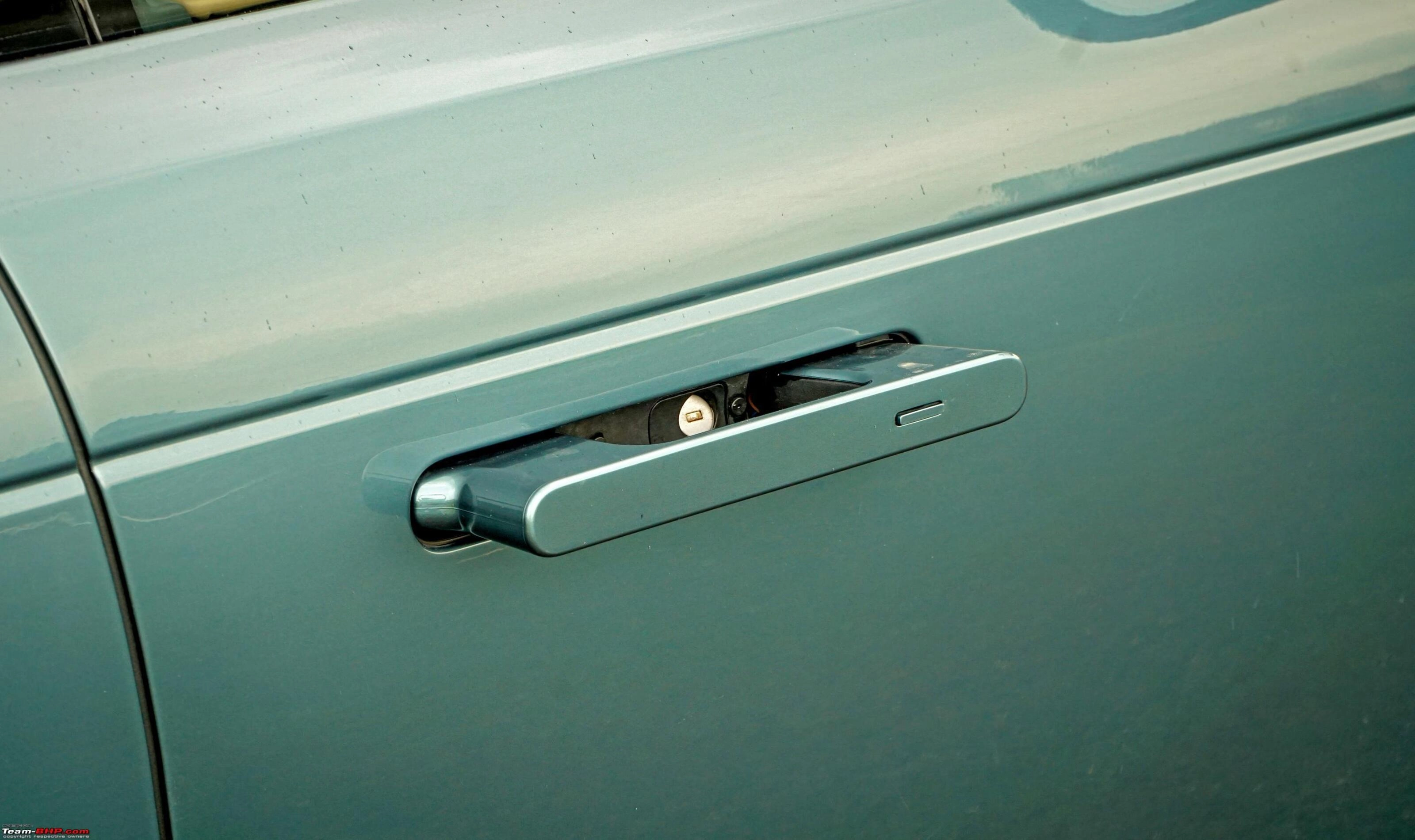The Prime Minister's E-DRIVE scheme will focus on supporting local manufacturing of components for electric vehicles through a phased manufacturing programme. It will offer economic support for companies that source components from the country. The successor of the FAME policies will have inspections twice a year to prevent subsidy misuse.
The Phased Manufacturing Programme
In a recent interaction with the media, officials of the government have said the PM E-DRIVE scheme will have a phased manufacturing programme (PMP) to support local manufacturing of electric vehicle (EV) components. In this situation, the suppliers can import parts, but the assembly has to be done on a local level. A PMP (Phased Manufacturing Program) will be implemented to promote local manufacturing of EVs. Companies that apply for subsidies under this scheme will have six months from the scheme's notification date to meet the PMP requirements. They must ensure that EV components are assembled within India to comply.
Checks and Balances in Place
One exciting part of the scheme is that the manufacturing facilities of component suppliers will be regularly checked to prevent subsidy misuse. There will be inspections twice every year to ensure that there is a check on EV manufacturers.
Other Details of PM E-Drive Scheme
The PM Electric Drive Revolution in Innovative Vehicle Enhancement (PM-E-Drive) policy replaces the FAME II scheme that ended in March. With a budget of ₹10,900 crore for two years, PM-E-Drive focuses on supporting electric vehicles (EVs), with ₹3,679 crore allocated for subsidies on 24.79 lakh electric two-wheelers, 3.16 lakh electric three-wheelers, and 14,028 electric buses and ambulances. EV buyers can benefit from Aadhaar-authenticated e-vouchers to claim subsidies. As we reported earlier, the financial support for electric two-wheelers will be reduced to INR 5,000 per vehicle starting in 2025-26. The subsidy for electric three-wheelers will be limited to INR 25,000 per vehicle.
Public transport is a key focus, with ₹4,391 crore earmarked for buying 14,028 electric buses for cities like Delhi, Mumbai, and Bangalore. States prioritising scrapping old buses under the MoRTH Vehicle Scrapping Scheme will receive first preference for new bus allocations. The scheme also supports intercity and interstate e-buses. The government will establish 88,500 EV charging stations to enhance electric infrastructure, including 22,100 fast chargers for four-wheelers and 48,400 for two- and three-wheelers. A total of ₹2,000 crore is allocated for charging infrastructure, while ₹780 crore will upgrade test agencies for the EV ecosystem. Notably, the PM E-Drive reduces subsidies for four-wheelers, focusing more on two and three-wheelers, marking a shift from the FAME II policy.
To keep up with more industry updates, click here.

.jpg)

.webp)

.jpg)